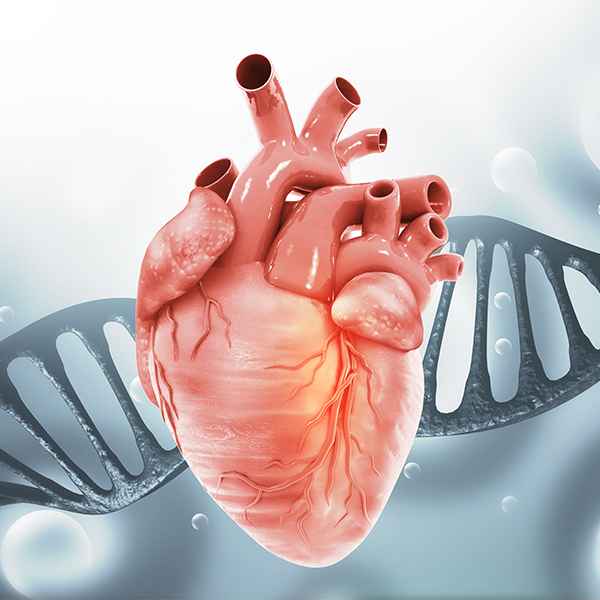Could a spicy diet reduce your daily salt intake? Yes, according to a study published in Hypertension. It shows eating spicy food may have your brain craving less salt.
Our bodies need some sodium to remain healthy. However, many people have too much of it. The Centers for Disease Control and Prevention says eating too much sodium puts you at risk for developing high blood pressure, heart disease and stroke.
Now research has found enjoyment of spicy foods may significantly reduce individual salt preference, daily salt intake and blood pressure by modifying the processing of salty taste in the brain.
Mayo Clinic Executive Wellness Chef Jen Welper says infusing other tastes into your meals can reduce your salt intake further.
Journalists: Broadcast-quality video pkg (0:58) is in the downloads. Read the script.
The vegetable quesadilla being prepared by Welper will pack a punch of flavors ─ even though its recipe only calls for a pinch of salt.
"It’s just completely overused," says Welper.
And there's an easy fix for that overuse.
"Bring down the salt content," explains Welper. "Purchase things with less sodium in them. And, then, just start from the bottom, and work your way up."
Besides saltiness, your taste buds sense sweetness, sourness, bitterness and umami — a savory flavor.
"If you can hit all parts, then you have this burst of flavor," adds Welper.
And those other parts can actually enhance the salt that’s already in your dish.
"Lime juice, lemon juice, any type of vinegar actually enhances the salt flavor," says Welper. "So you can use a lot less."
And, finally, Welper says, when your food comes off the stove and hits the table, make it a habit to sample before you shake the salt.
"Taste it first, and see if it actually needs salt," says Welper.







